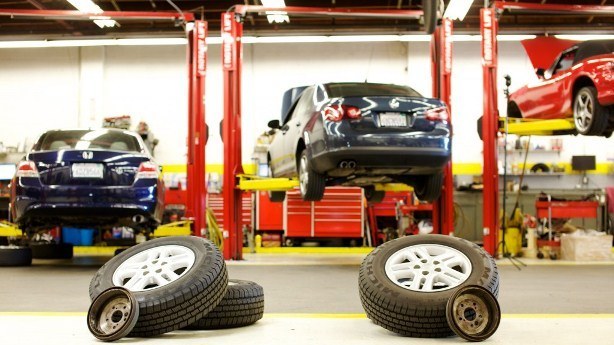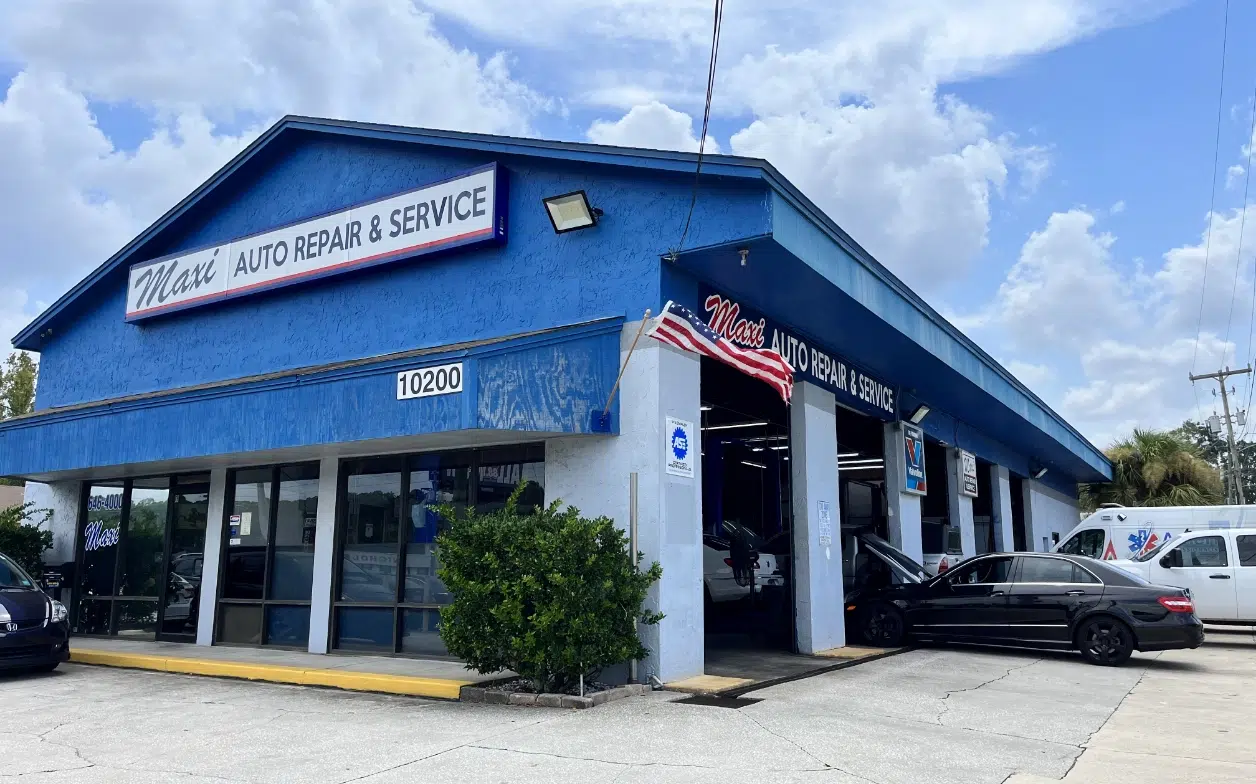All Categories
Featured
Your vehicle's brakes are among one of the most critical components in guaranteeing your safety and the safety of others on the roadway. Regular brake assessments are important to maintaining ideal braking performance and avoiding expensive fixings. Whether you're a skilled car owner or a brand-new motorist, recognizing brake assessment standards can help you stay proactive about upkeep and guarantee your vehicle is constantly roadworthy.
- Why Brake Inspections Issue. The even more you drive, the much more friction your brake pads withstand, at some point leading to reduced stopping efficiency. Without correct inspection, it's difficult to assess when your brakes might be in requirement of repair work.
A properly maintained brake system ensures quick, receptive quiting power, specifically in emergencies. It likewise helps expand the life of your car, as ignoring brake maintenance can bring about more severe, costly troubles later.
- Indications You Required a Brake Evaluation. While it's important to have your brakes evaluated occasionally, particular indications might show that they need focus. Watch (and ear) out for these caution signals:
Squeaking or Grinding Sounds: Uncommon sounds, specifically a high-pitched screech or grinding noise, commonly mean that your brake pads are put on down. Vibration or Pulsation: If you feel vibrations or a pulsing experience when pushing the brake pedal, it might be an indicator of warped blades or uneven brake pad wear. Lowered Brake Responsiveness: If your brakes feel less responsive or you have to press the pedal harder to decrease, it may indicate air in the brake lines or reduced brake liquid. Pulling to One Side: If your car draws to one side when stopping, it might mean unequal brake pad wear or a brake liquid leakage. Dashboard Caution Lights: Some cars and trucks have brake-related caution lights that show concerns like low brake fluid or used brake elements. If you observe any one of these signs, it's vital to have a professional mechanic do a brake evaluation as soon as possible.

- What Occurs During a Brake Inspection? During a brake examination, a mechanic will certainly check a number of vital parts of the stopping system to make sure whatever remains in working order. Right here's what you can expect during the procedure:
Brake Pads and Shoes: The auto mechanic will inspect the density of the brake pads or footwear. If they're as well slim, they'll need to be replaced. Brake Rotors: Blades are the discs that the brake pads press versus to slow your vehicle down. They'll be looked for any kind of signs of wear, scoring, or bending. Brake Fluid: Low or contaminated brake liquid can harm braking performance. The service technician will inspect the liquid level and high quality and top it up or flush it if needed. Brake Lines and Pipes: Brake lines lug liquid from the master cylinder to the brakes. The technician will certainly look for any leakages, cracks, or damage to ensure proper liquid flow. Brake Calipers and Wheel Cylinders: Calipers and wheel cyndrical tubes press the brake pads versus the blades or drums. The specialist will inspect for wear, leakages, and appropriate operation. 4. How Often Should You Have Your Brakes Inspected? The frequency of brake assessments depends upon factors like your driving practices, the sort of vehicle you drive, and the atmosphere in which you drive. As a basic rule, it's a good idea to have your brakes checked every 12,000 miles or yearly. If you experience any of the warning indications mentioned earlier, it's important to obtain your brakes examined immediately.
For those that frequently drive in heavy traffic, hilly terrain, or rough climate conditions, more constant assessments might be required.
- Significance of Timely Brake Fixes. When you spot a problem with your brakes, it's vital to address it immediately. Delaying brake fixings can lead to more considerable damage to your braking system, resulting in greater repair work costs. In extreme situations, overlooking brake problems can cause complete brake failing, which is a significant safety and security threat.
By remaining on top of brake upkeep and resolving issues quickly, you guarantee that your brakes remain to do as meant, maintaining you and your guests secure on the road.
Conclusion: Maintain Your Brakes in Top Forming. Brake inspections are an easy yet vital component of car upkeep. By understanding the relevance of normal evaluations, knowing the indications of brake concerns, and remaining positive with repair services, you can guarantee your vehicle's stopping system remains in optimal problem. Routine brake checks give tranquility of mind, knowing that your automobile is ready to react when you need it most. Focus on brake maintenance-- your security depends on it.
Latest Posts
Don’t Miss Limited-Time Auto Repair Specials in Chicago at Montclare Auto Repair
Explore Save Big on Car Maintenance with Montclare Auto Repair’s Limited-Time Deals
Explore the Premier Auto Repair Deals in Montclare, Chicago
More
Latest Posts
Don’t Miss Limited-Time Auto Repair Specials in Chicago at Montclare Auto Repair
Explore Save Big on Car Maintenance with Montclare Auto Repair’s Limited-Time Deals
Explore the Premier Auto Repair Deals in Montclare, Chicago
